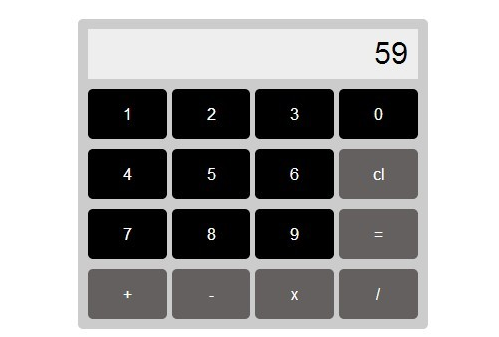Sravanthi's Blog
Wednesday, 7 September 2016
Legibility
Legibility
- Legibility is the quality of being clear enough to read.
- The measure of how easy it is distinguish one letter from another in a typeface.
- Legibility is the ease with which a reader can recognize individual characters in text.
Tuesday, 6 September 2016
Hierarchy
Hierarchy
- It is an organizational structure where every entity in the organization, except one, is subordinate to a single other entity. This arrangement is hierarchy form.
- Hierarchy a system in which members of an organization or society are ranked according to relative status or authority.
- A hierarchy can link entities either directly or indirectly, and either vertically or diagonally.
- Administrative Hierarchy
Importance of Hierarchy Structure
- Success of any business.
- Clear chain of command
- Easy to identify everyone's position.
Consistency
Consistency
- Consistency means something stays the same, is done in the same way or looks the same.
- Consistency Is Vital To Everyone's Life.
- Consistency creates momentum.
- Consistency is a habit that can be practiced and learnt.
If We take Presentation as a example :
It's important that the overall appearance is consistent. But having a consistent visual theme will subconsciously show that the topic you're discussing are all related.
The person who takes action every single day toward the attainment of their goal will always triumph over those who do it every once in a while.
- Consistency will induce failure at some stage, which in turn provides valuable feedback, which ultimately leads to better results.
CONSISTENCY: THE KEY TO SUCCESS
Consistency is mostly referred to as adherence to the same principles in a steadfast way. Consistency is the key to success no matter what you are doing.
- Personal Success is determined by Consistency. Human beings need consistency in every relationship. Without consistency the relationship is seriously damaged.
- Consistency in your professional life is also very important. If you are not consistent at work, you are not going to be successful. Consistency in performance is only possible with consistent hard work and dedication.
- Consistency is also an essential element for everyone's personal business. For any business it must have the right goals and must consistently review and tweak them for a better future.
Consistency in performance, innovation, research and development, product development, etc is required for a better position in the market.
Hard work + Dedication + Consistency = Success
"Success is not a single act, but rather a daily habit. Whether you want to write a book, get fit, or lose weight, the key is consistency."
Saturday, 3 September 2016
Alignment
Alignment
- Arrangement or position in a straight line or in parallel lines.
- The process of adjusting parts so that they are in proper relative position.
- Alignment is another way of creating associations between visual elements, which help users quickly understand the relationships of objects on a page.
- Alignment can be given to any Content like text, images, grids, videos,etc.
- Alignment is of 8 types.
- Left alignment
- Right alignment
- Top alignment
- Bottom alignment
- centered alignment
- Justified alignment
- Horizontal alignment
- Vertical alignment
Examples of alignment
- Proper alignment in designs will make them visually more appealing and will also make it easier for users to scan over a page, sub-consciously also offering a calmer reading experience.
- Every element on web page should have a visual connection with another element on the page. Nothing should be randomly placed on the page. Good alignment creates a clean, professional appearance.
Padding
Padding
- The padding is the space between the content and the border.
- It means Space around the content.
- Padding is given in 4 ways.
- Top Padding - Padding given to the Top side of the Content.
2. Bottom Padding - Padding given to the Bottom of the Content.
3. Left Padding - Padding given to the Left side of the Content.
4. Right Padding - Padding given to the Right side of the Content.
Examples of Padding given in various fields
Subscribe to:
Comments (Atom)


































































